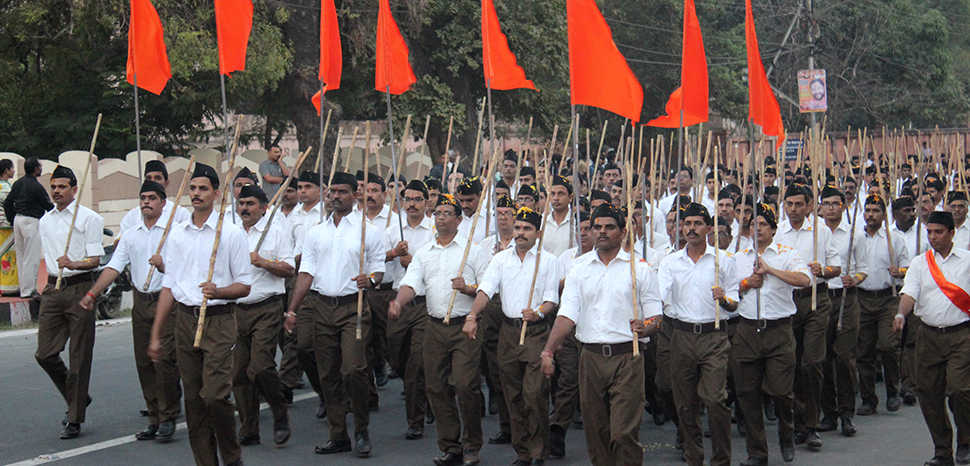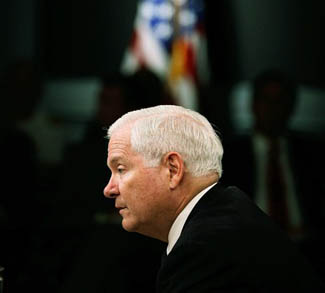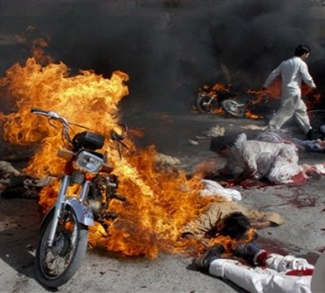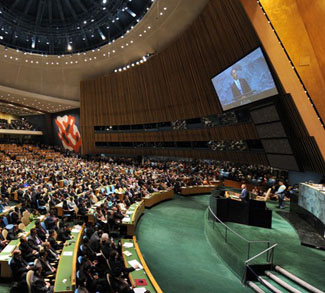It wasn’t long after Hamas attacked an innocent Israeli civilian population, in the process killing many foreigners and taking as many as 240 hostage, that Indian Prime Minister Narendra Modi came out with a swift, hardened stance, condemning the Hamas “terrorist attacks” while standing “in solidarity with Israel at this difficult hour.” While India’s response is not too different from many Western countries who issued similar statements in the aftermath of the brutal attack on October 7, where thousands of Hamas fighters broke through the “Iron Wall” and opened fire on civilians and IDF soldiers, it wasn’t entirely consistent with the past. Worse, it may have been better to be cautious, as Hindu-Muslim tensions in India are already reaching a fever pitch.
Modi, since his election as prime minister and leader of the Bharatiya Janata Party (BJP), has solved a long-standing riddle among Hindu voters, in how to project a sense of unity, where in the past Hindus fought internally over socio-economic issues, as well as both traditionalism and ideology. A merger of the past and a focus on India’s economic future created a stable BJP voting bloc, where a so-called “Hindutva 2.0,” a term coined by Varghese George, an editor at The Hindu, was formed as a merger of the traditional and modern. The lynchpin of the grand BJP coalition, however, is the cultivation of nationalism, which keeps more divisive groups pacified, such as the Rashtriya Swayamsevak Sangh (RSS), a male-only Hindu organization which Modi was a member of as a young man.
Hindu nationalist violence has become commonplace, most recently in August where on a train headed for Mumbai, a police officer shot his supervisor and then killed three Muslim passengers. According to recorded videos, the officer was heard saying, “If you want to live in Hindustan, you must vote for Modi and Yogi,” the latter referring to Yogi Adityanath, the chief minister of Uttar Pradesh. The same day a march by a Hindu nationalist organization in a Muslim majority district in the north devolved into violent riots, where five people died, including an imam.
While Modi’s statement has been a departure from past Indian governments, bilateral ties with Israel have only grown. Modi visited Israel in 2017, which was reciprocated by Netanyahu. Between 2013 and 2017, India bought more than 50 percent of Israeli weapons exports, which were eighth in the world during the period. However, tensions in the Middle East are not in India’s economic interests. The India-Middle East Economic Corridor (IMEC), a passage involving a network of countries, including Saudi Arabia, the United Arab Emirates, Turkey, Greece and Israel, would be endangered should a wider conflict engulf the region. This would be terrible for India’s oil import and shipping ambitions.
But to counter the growing threat of nationalist violence, India must cool its overt public support for Netanyahu. Nationalism, a severely perverted form of patriotism, feeds on both historical grievances and black and white logic that leads to “othering”. Deep religious and cultural grievances towards neighboring Pakistan and Muslims that live in the contested Kashmir region are fuel for India’s nationalist right. The Israeli-Palestinian conflict possesses some of the same political and security symbolism. Netanyahu’s right-wing Likud Party is perceived by Indian nationalists as empowered to remedy its own Muslim threats. Social media messages, virulent and hate filled, relish the Israeli opportunity, with one comment from a retired Indian soldier, stating, “Israel must finish off Palestine from the planet.” Right-wing accounts sharing misleading videos are often connected with the #IslamIsTheProblem hashtag. And the problem of nationalist violence is not confined to India itself. In 2022, tensions in the UK city of Leicester ran hot after Hindu men marched through streets shouting “jai shri Ram” or Glory to Lord Rama. Conflict quickly erupted and a Hindu flag was burned while another was torn from a local temple.
Modi’s overt public support for Israel must be tempered with the broader goal of violence prevention. While India is right to be worried about terrorism – in 2017 it was the fourth most vulnerable country to terrorism worldwide – outbreaks of violence domestically could have far-reaching political and economic repercussions. Instead of abstaining from voting on United Nations Resolutions calling for a humanitarian truce or pause in Gaza, India should join a larger, but still largely unheard chorus calling for greater moderation and wider humanitarian relief, as moderation on the international stage could also lead to moderation at home.
The views expressed in this article belong to the authors alone and do not necessarily reflect those of Geopoliticalmonitor.com.




